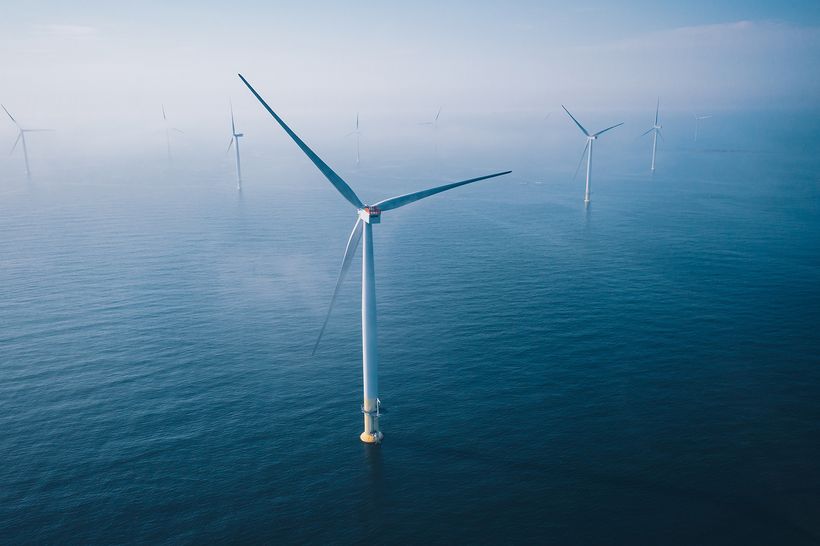Associate Director of the Tulane Energy Institute, Professor of Practice
Professor Eric Smith is an expert in energy markets and the oil and gas industry.
Associate Director of the Tulane Energy Institute, Professor of Practice
Professor Eric Smith is an expert in energy markets and the oil and gas industry.

Tulane University’s Eric Smith, associate director of the Tulane Energy Institute at the A.B. Freeman School of Business and expert on energy markets, including the oil and gas industry and renewable segments, is available to comment on the benefits to Louisiana and Texas from the Department of Interior’s first-ever offshore wind sale in the Gulf of Mexico. Smith can speak on the following: • The importance and benefits of the offshore wind sale to the State of Louisiana, as well as the entire Gulf Coast.
• Why offshore deep-water wind power opportunities may benefit the state longer term.
• The 10 significant benefits of deep-water wind power vs. shallow water.
The areas to be auctioned on August 29, 2023, by the Bureau of Ocean Energy Management have the potential to generate approximately 3.7 GW and power almost 1.3 million homes with clean, renewable energy.
“This is a fairly big deal because it is the first such federal lease offering space offshore of Louisiana, and there are numerous benefits, Smith said. “The former head of the Bureau of Ocean Energy Management (BOEM) is consulting to expedite another larger sale. This suggests that the administration is focusing more on developing the Gulf of Mexico offshore wind option. In addition, the Department of Justice is putting money into the fray to specifically support floating wind (wind turbines secured to floating structures rather than fixed structures). That is also a good indication since floating wind is forecasted to represent about two-thirds of the United States’ total potential.”
Beyond the Department of the Interior (BOEM) efforts, the Department of Energy is putting grant money into the economy to specifically support floating wind (turbines secured to floating structures in deeper water rather than to shallower fixed structures). That is heading in the right direction since floating wind is forecasted to total about two-thirds of the United States’ total offshore wind potential.
Smith has been interviewed on various energy-related topics, including gas prices, renewable energy transmission and power distribution. He can be reached at esmith11@tulane.edu or via Roger Dunaway, assistant director of media relations, at roger@tulane.edu.
Associate Director of the Tulane Energy Institute, Professor of Practice
Professor Eric Smith is an expert in energy markets and the oil and gas industry.